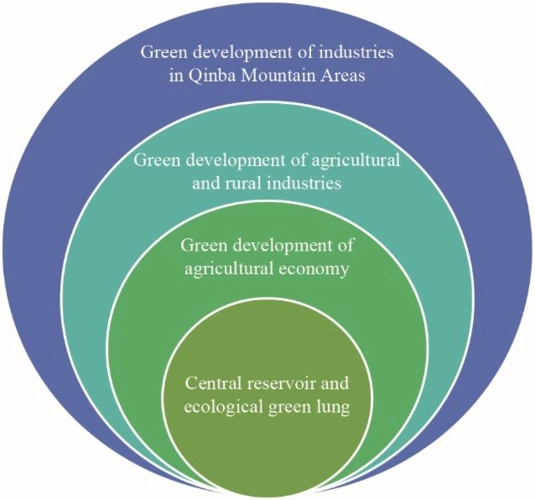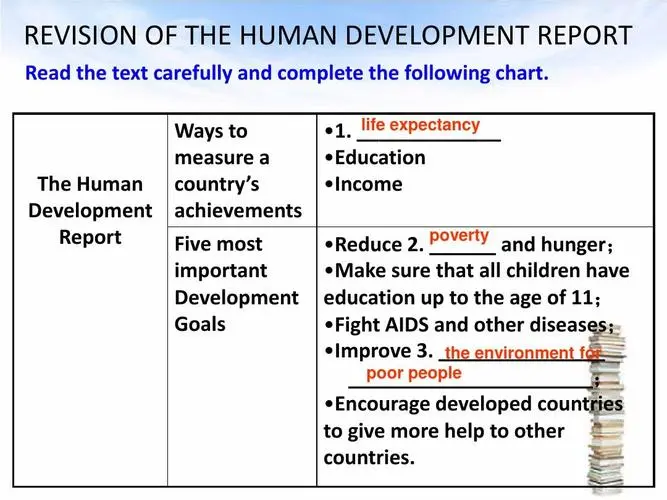In a historic first, the International Energy Agency (IEA) has predicted that the global demand for oil will reach its zenith this decade. According to the IEA, the world will consume as much as 102 million barrels a day of oil by the late 2020s, with volumes dropping to 97 million barrels a day by mid-century.
This prediction is based on the IEA’s Stated Policies Scenario, which reflects the energy policies currently pursued by governments worldwide and the continued ramifications of 2022’s energy crisis. The IEA also presents an alternative scenario, assuming all governments meet their energy and climate pledges in full and on time. This scenario envisions global oil demand peaking at 93 million barrels a day in 2030, with a decline to 55 million barrels per day in 2050.
Fatih Birol, the IEA’s executive director, stated that “The transition to clean energy is happening worldwide and it’s unstoppable” and that “Claims that oil and gas represent safe or secure choices for the world’s energy and climate future look weaker than ever”.
However, the IEA also noted that the process of decarbonising the global economy “will be a long one and fossil fuel producers remain influential” in the years to come. Despite the peak, demand for oil in the petrochemical, aviation and shipping industries will continue to increase to the year 2050.
In conclusion, while ‘Peak Oil’ is predicted to arrive by 2030, it does not signal an immediate drastic reduction in fossil fuel consumption. It will likely be followed by “an undulating plateau lasting for many years”, with demand remaining too high to limit global warming to 1.5 deg C. The journey towards a sustainable energy future is complex and challenging, but the transition is underway and unstoppable.







